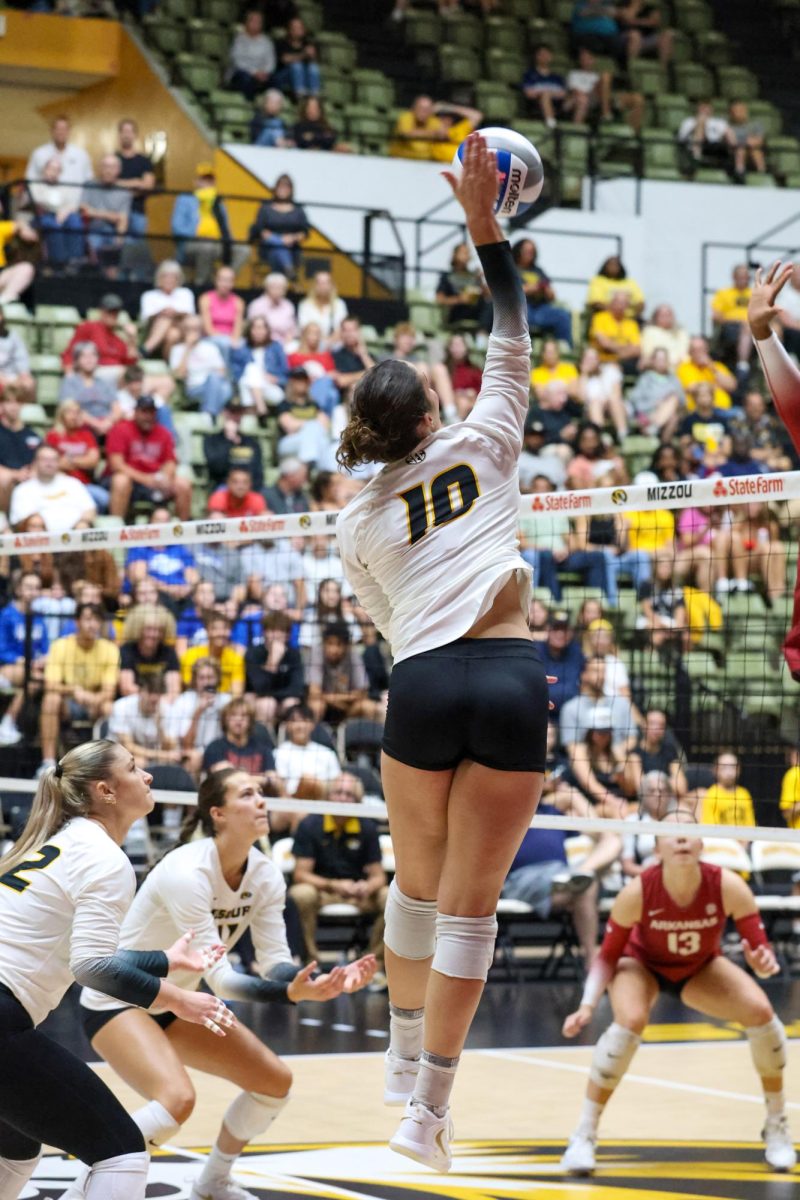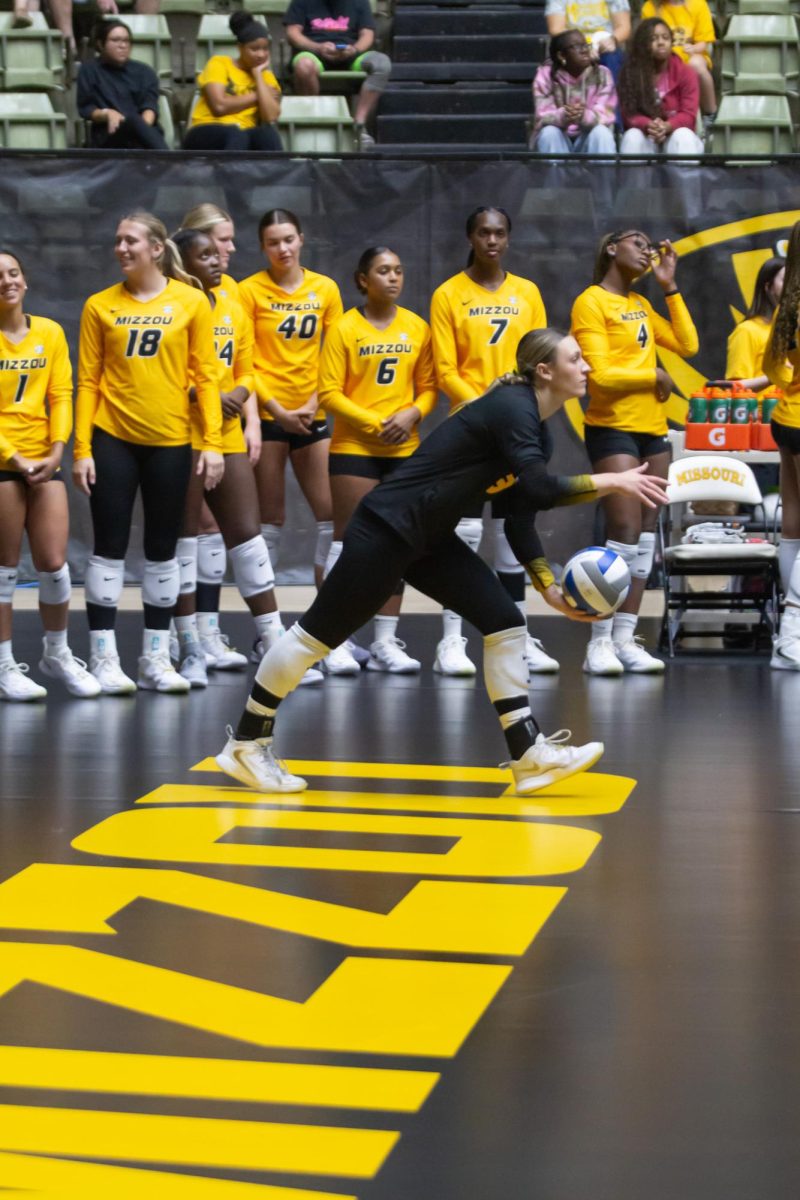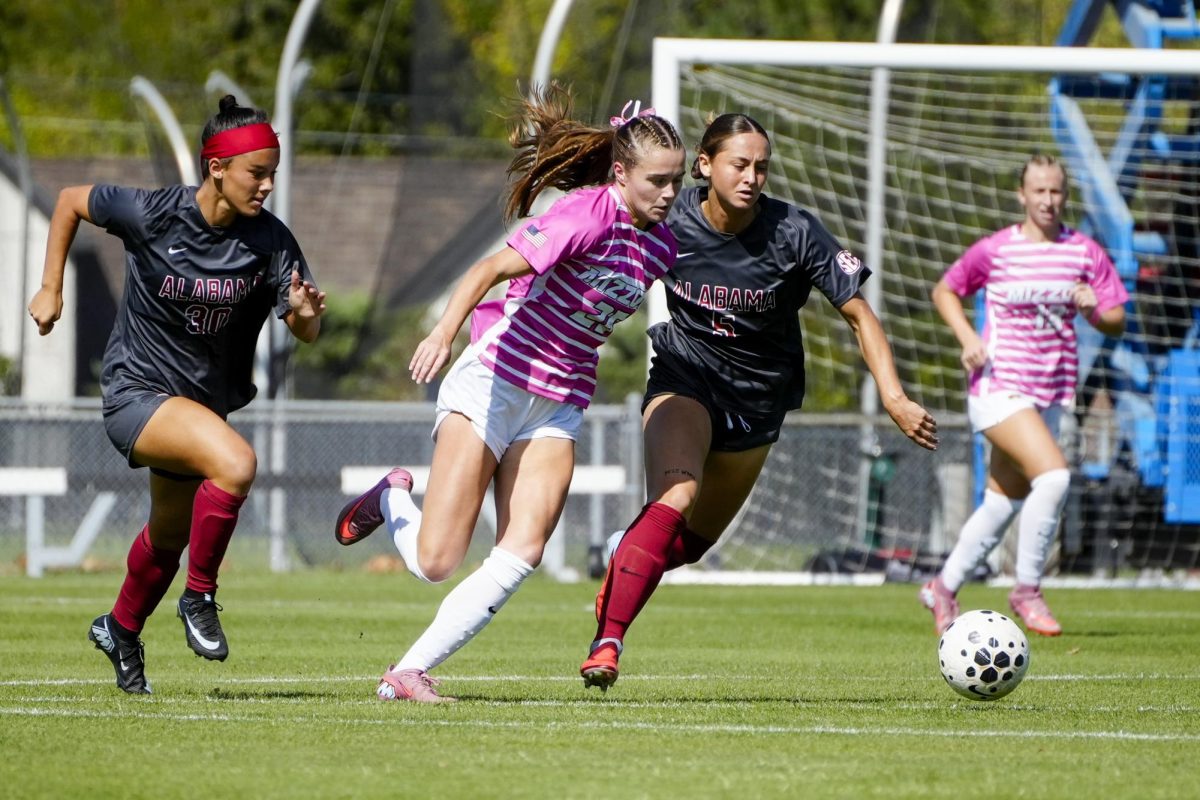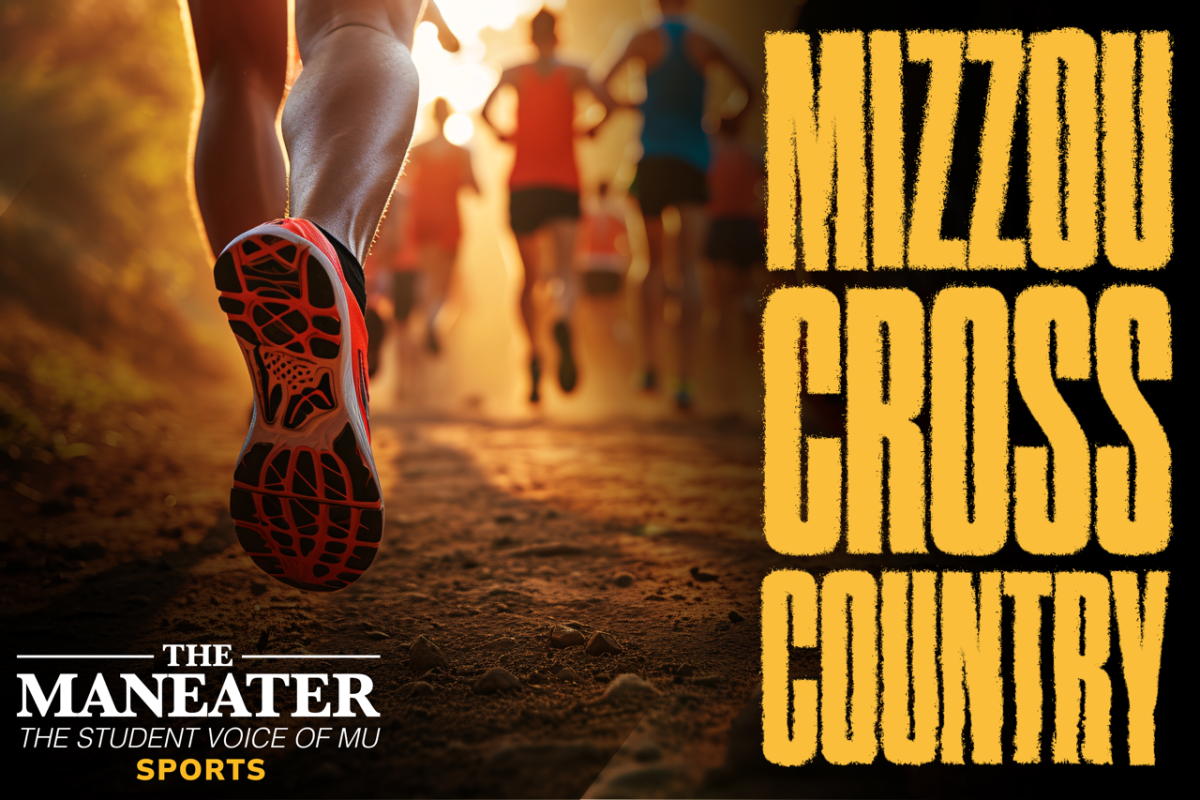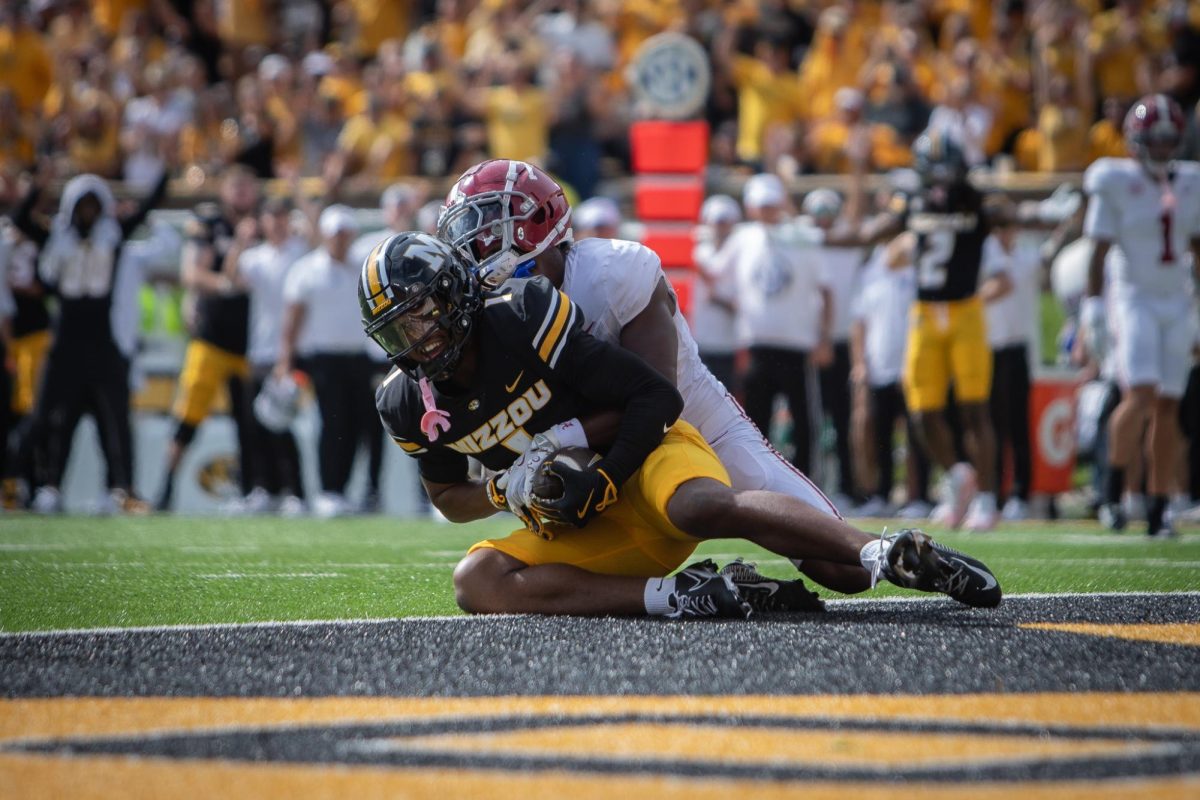NRA’d
CQs:
Bryce Sage: MU Webmail address book
Pretoria: http://www.sa-venues.com/attractionsga/pretoria-metro.htm
TapouT: http://www.tapoutxt.com/?gclid=CIiE-caTuK8CFQ0DQAodPWtDhQ
Defoe-Graham: http://reslife.missouri.edu/residence-halls/defoe-graham
South African Education Program Committee: http://www.umsystem.edu/ums/aa/southafrica/committee
Forrest Griffin: http://www.forrestgriffin.net/
St. Louis Cardinals: http://stlouis.cardinals.mlb.com/index.jsp?c_id=stl&sv=1
Albert Pujols: http://www.baseball-reference.com/players/p/pujolal01.shtml
Wayde Sage: Reporter’s notebook
Ou Kaapse Weg: http://wikimapia.org/6555895/Ou-Kaapse-Weg-Old-Cape-Road
Muay Thai: http://www.muaythai.com/
Ozzie Guillen: http://www.baseball-reference.com/players/g/guilloz01.shtml
Bobby Petrino: http://dailycaller.com/2012/04/15/what-college-football-can-learn-from-the-bobby-petrino-scandal/
Dwight Howard: http://www.dwighthoward.com/
Lamar Odom: http://www.lamarodom.com/
Baltimore Ravens: http://www.baltimoreravens.com/
Michael Bisping: http://bisping.tv/
Chael Sonnen: http://www.sherdog.com/fighter/Chael-Sonnen-4112
Stan Van Gundy: http://www.basketball-reference.com/coaches/vangust99c.html
We meet Bryce Sage, a 23-year-old international student at MU, a bulky 5-foot-9-inch South African from the country’s executive capital of Pretoria. He sits wearing an orange TapouT T-shirt with his arms tightly crossed in a way that makes his biceps bulge and speaks with an accent that is unfamiliar yet pleasant, crisp and easy for an American ear to listen to.
He is a man we have come to know only through a particular acquaintance living at the Defoe-Graham residence hall, on the floors assigned to many international students like Sage. That acquaintance had mentioned students he had met in the building from places across the globe, from England and from France.
“One of them’s from South Africa,” said this acquaintance, who comes from a small town in southern Illinois. “He fights MMA.”
So, we meet Sage and we listen to him and we wonder what he has found here. The space between us is noticeable, much more than just the distance of our seats, and he speaks with that twang in his voice of places and things unfamiliar.
We begin to talk about the games we play.
>>>>>>>>>>>>>>>**—————**
Bryce Sage arrived in Columbia on Jan. 5. He had survived three rounds of selections based on academic performance and a nerve-wrecking interview at a big round table with the Deputy Chancellor and the Head of International Affairs among others from the University of the Western Cape, located in Cape Town, the country’s judicial capital.
Sage, with an impressive 3.5 GPA, was awarded the Henry Mitchell Scholarship, given to up to two students from the school to attend the MU campuses through the UM South African Education Program Committee.
His fighting career as an amateur had just started before he came here. His fist had been raised and his name had just been announced as the winner in two of three contests.
The first one was against a kid who came in 3.6 kilograms heavier and 6 inches taller, at the weigh-in. The ref had waved it off. Sage’s left blue iris had gone black with blood after that kid’s big toenail sliced it on an attempted roundhouse kick. He couldn’t see out of that thing for two whole days.
Sage looks exhausted just talking about it. He came out swinging, he says, and gassed himself out.
“I was so disappointed,” he said. “But I looked at other guys, you know, (UFC light heavyweight fighter) Forrest Griffin, he lost his first fight. I was looking at other guys’ records and many lost their first fights. Maybe they didn’t know what to expect.”
>>>>>>>>>>>>>>>**—————**
One day, he wants to be there for a golfer when the time comes for a crucial put. He wants to help him “to not psych himself out.” He wants to teach a pitcher at the mound to “(block) out the sound around him in the stadium.”
Bryce Sage is studying sports science and psychology. He wants to be a sports psychologist one day.
“For a fighter, I would probably say the psychological thing is fear,” he said. “Fear is good. You’re always going to be a little bit scared of walking in the ring. There’s always that fear of not knowing the other guy.”
At the weigh-in of his second fight, he found his foe to be “six or seven years older” and ripped, with blocks of muscle and veins bulging everywhere. All Sage knew prior was that the guy was a teammate of his first opponent.
“There was a bit of a personal vendetta,” Sage said, a lopsided smile on his face.
Early on, Sage was struck hard and the lights above him flared.
“I remember thinking to myself, Why am I doing this again?” he said.
And then came the second round. Sage smashed his knee into his opponent’s face multiple times, maybe four or five times.
“There’s no greater feeling,” he said.
In Sage’s third and most recent fight from last year, he again was the winner by a split decision. It was in the octagon below the parking lot of his own gym in Cape Town, in front of his friends and in front of the people he trained with.
“The last one was probably the easiest,” he said. “I should’ve finished him off. I should’ve knocked him out.”
Of course, we do not know this story of Sage. We do not know of his training regimen, which happens to include two intense workouts every day, six days a week, perhaps a Sunday run up and down Ou Kaapse Weg, the steep mountain heel in Cape Town.
We do not know how Sage began fighting, by following his brother Wayde, a professional in South Africa, into the sport after training first in Muay Thai. We do not know that there had always been a beast in him, a beast that demanded to be set free from days at elementary school that ended by going to detention and nights at bars that ended by taking things outside.
We are concerned with the headlines magnified before us, aren’t we? We’ve had the fallout of Ozzie Guillen and Bobby Petrino, as well as Dwight Howard vs. Stan Van Gundy.
If we look past it all, we discover Bryce Sage, an MMA fighter who has come far across the Atlantic to a land indeed full of opportunities, as he’s found, and ingrained in a culture that is vast.
“Sports here is massive,” he said. “It’s way bigger. I like it.”
>>>>>>>>>>>>>>>**—————**
In America, Sage has observed, the real football has been replaced by another football, and baseball and basketball overshadow cricket and rugby.
He has, of course, pledged loyalties.
He picks the Baltimore Ravens; an easy choice for someone who appreciates physical nature and for someone like he who thoroughly enjoyed the film, “The Blindside.”
He’ll hop the wagon belonging to the Dallas Mavericks, the reigning NBA champions who are nowadays making headlines since owner Mark Cuban came forth and said he had what sounds to be a fiery dialogue with Lamar Odom, who is expressing a lack of interest in playing.
“(Odom) is the one that’s married to Chloe Kardashian,” Sage recalls.
Living in the territory, he figures he’s got to go with the St. Louis Cardinals.
“I actually didn’t know about the (Albert) Pujols thing until we talked about it in sports economics one day,” he said. “Guys aren’t happy. But some say he’s old anyway.”
Earlier during his semester in Columbia, Sage jumped at the $80 tickets available on [Ticketmaster.com](http://www.ticketmaster.com/), rented a car, drove on the right side of the road for the first time in his life, and took a nosebleed seat at the United Center in Chicago for UFC on Fox.
The night’s festivities that Jan. 28 night included a middleweight bout between Michael Bisping and Chael Sonnen. To Sage, Sonnen can talk trash and back it up. Sonnen is a favorite of his.
“Getting to watch UFC was the best moment of my life, a dream come true for me,” he said. “The UFC is the major league.”
South Africa has Extreme Fighting Championship Africa, the largest-scale MMA championship the country offers.
“Basically, it takes UFC carbon copies it and puts it on a smaller scale,” Sage said. “The size and the promotion quality (of UFC), everything’s in a different class by far.”
>>>>>>>>>>>>>>>**—————**
He starts talking about this one guy from the other night at the Piano Bar, a go-to spot for Sage on a Thursday night downtown.
“As he walked by, I saw him look in the corner of his eye at me and he shouldered me in the back so that I stumbled a bit,” he said. “If a guy bumps me, you know, it’s cool. But then there’s guys that are just so arrogant and I just want to f— them up, you know?”
It is when the beast beckons that he is glad to have MMA.
“The training is like a release valve,” the hopeful sports psychologist begins. “One of Freud’s defense mechanisms is sublimation, which is taking out your undesirable actions in a desirable way … in a way that is socially acceptable.”
So, he thinks back to that night with that guy whom, he says, he walked away from after their faces met inches away from each other.
“I guess … I wish there was some way…” he said. “Like, if there was a ring right there at the club that we both got in, and whatever happens, happens.”
That would be it. Nothing else. Just him. Just the fight. Just a man living his life through sport, through a way that made sense.


